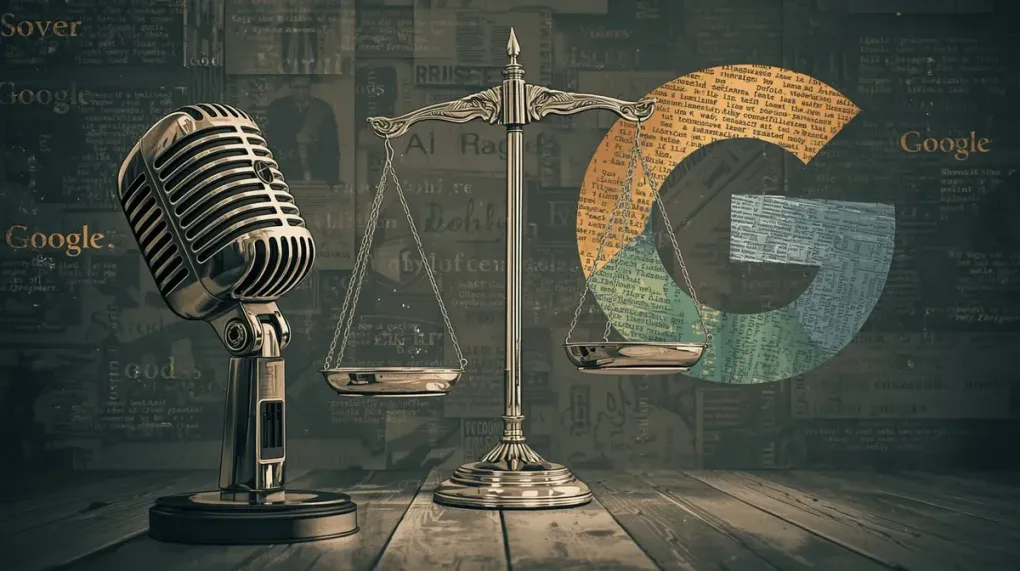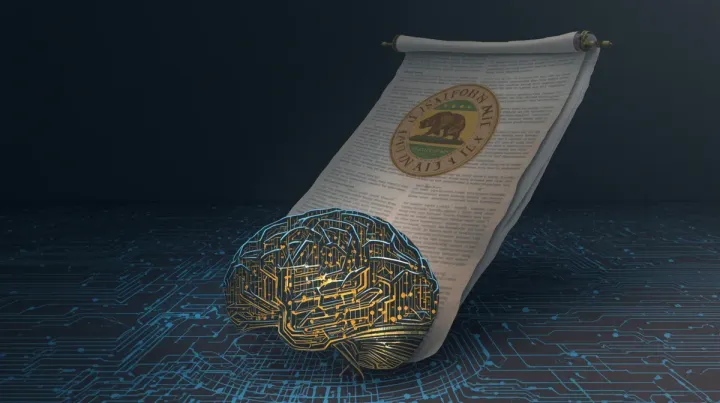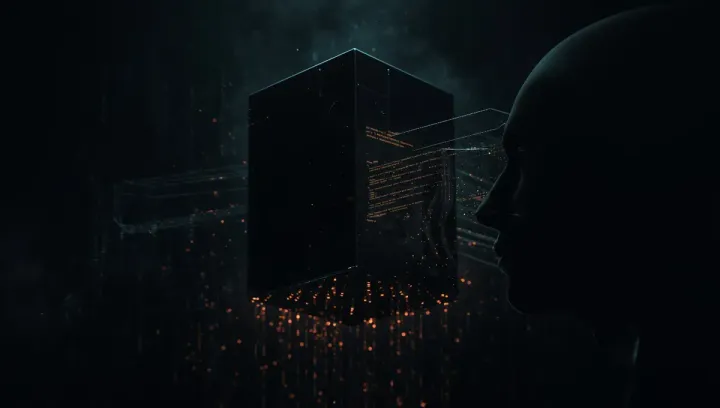
Rolling Stone Owner Sues Google Over AI Summaries: A New Battleground for Content Ownership
The Core of the Dispute: AI and Copyright
The legal battle brewing between Penske Media Corporation (PMC), the parent company of iconic publications like Rolling Stone, and Google highlights a critical and increasingly contentious issue: the ownership and fair use of content in the era of artificial intelligence. PMC’s lawsuit alleges that Google’s AI-generated summaries, which often appear prominently in search results, are directly infringing on their copyrighted material by presenting condensed versions of articles without proper attribution or compensation.
This isn’t merely a squabble over clicks; it’s a fundamental challenge to the economic model of journalism and content creation. Publishers invest significant resources in producing original content, and if AI can distill that content into easily digestible summaries that satisfy user queries directly on a search engine results page, the incentive for users to visit the original source diminishes. This, in turn, impacts advertising revenue and subscription models, threatening the very sustainability of quality journalism.
Google’s Stance: Fair Use or Unfair Advantage?
Google, predictably, is likely to argue that its AI summaries fall under the umbrella of fair use, a legal doctrine that permits limited use of copyrighted material without acquiring permission from the rights holder. They might contend that these summaries are transformative, providing users with quick information and acting as a gateway to the original articles. Furthermore, Google could assert that these summaries are merely reflecting information already publicly available and are designed to enhance the user experience.
However, the line between fair use and infringement becomes increasingly blurred when AI is involved. Unlike traditional search snippets that offer a brief preview, AI summaries can be comprehensive enough to negate the need for a user to click through to the original article. This distinction is crucial, as it directly impacts the value proposition of the content creator.
Broader Implications for the Digital Landscape
The outcome of this lawsuit could set a significant precedent for how AI interacts with copyrighted content across the internet. A ruling in favor of PMC could force AI developers and platforms to rethink their content acquisition and summarization strategies, potentially leading to new licensing models or stricter guidelines for AI-generated content.
Conversely, a victory for Google might embolden other AI companies to continue leveraging publicly available content for their models without direct compensation, further exacerbating the financial pressures on content creators. This case is a bellwether for the future of intellectual property in a world increasingly dominated by AI. It underscores the urgent need for legal frameworks to adapt to technological advancements, ensuring that creators are fairly compensated for their work while fostering innovation.
Regardless of the verdict, this lawsuit serves as a stark reminder that the ethical and economic challenges posed by AI are far from settled. The battle for content ownership in the digital age has just begun, and its resolution will shape the future of information dissemination and creation for years to come.


